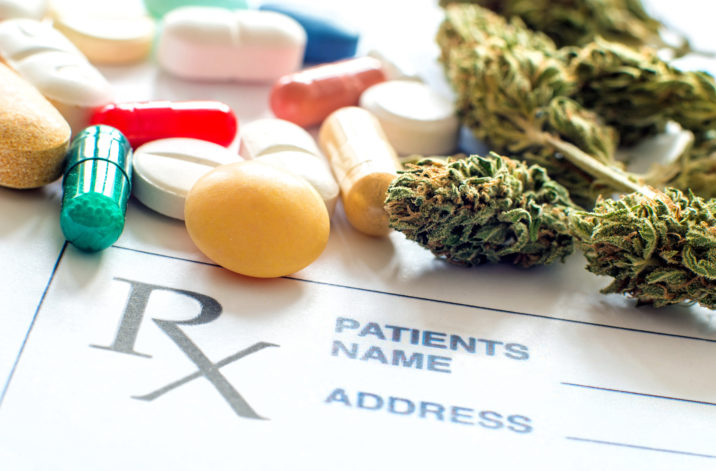Cannabidiol As An Antibiotic Booster

Another study has indicated the cannabinoid cannabidiol (CBD) could have an important role to play in battling antibiotic-resistant bacteria.
Overuse of antibiotics is the main cause of antibiotic resistance, but misuse also plays a role – for example, not completing a course of antibiotics. The health sector is facing a situation where few drugs are effective against some bacteria and development of new antibiotics is currently experiencing an “innovation gap”.
Last year we mentioned preliminary University of Queensland research demonstrating cannabidiol was effective in killing bacteria in lab testing – including some bacteria that have become mainstream antibiotic resistant.
More recently, a research team from University of Southern Denmark discovered that combining CBD and antibiotics produces a more powerful effect than can be seen than when treating with antibiotics alone. This means less antibiotics could be required to kill X number of bacteria.
The study involved using CBD and the antibiotic bacitracin against Staphylococcus aureus bacteria; which is responsible for staph infections and is frequently the culprit for community- and hospital-acquired disease. Staph infections can be fatal – according to the U.S. Centers for Disease Control and Prevention, nearly 20,000 people died with bloodstream staph infections in 2017.
As to why the combination of CBD and bacitracin is effective, that’s not entirely clear:
“Membrane potential changes for the combination of CBD and BAC compared to either CBD or BAC treatment alone did not reveal the mechanism of action for the combination of CBD and BAC,” state the researchers. “Future studies are therefore focused on the cell division and cell envelope to identify the mechanism of action.”
The University of Southern Denmark study, led by Janne Kudsk Klitgaard, was published in the journal Scientific Reports and can be found here.
It’s really important to note that these findings don’t mean people should forgo the use of antibiotics prescribed or to use less and “boost” them with CBD. This is all early research and a prescribing doctor’s instructions should always be followed.
Trivia: According to the researchers, the use of CBD and other cannabinoids as antibacterial agents was first described in 1976 and again in 2008. But since then and aside from the Queensland research, little has been published on the topic. Apparently, CBD is an effective antimicrobial compound with a MIC value of 4 µg/mL against S. aureus USA300 and other Gram-positive bacteria.
420 Intel is Your Source for Marijuana News
420 Intel Canada is your leading news source for the Canadian cannabis industry. Get the latest updates on Canadian cannabis stocks and developments on how Canada continues to be a major player in the worldwide recreational and medical cannabis industry.
420 Intel Canada is the Canadian Industry news outlet that will keep you updated on how these Canadian developments in recreational and medical marijuana will impact the country and the world. Our commitment is to bring you the most important cannabis news stories from across Canada every day of the week.
Marijuana industry news is a constant endeavor with new developments each day. For marijuana news across the True North, 420 Intel Canada promises to bring you quality, Canadian, cannabis industry news.
You can get 420 Intel news delivered directly to your inbox by signing up for our daily marijuana news, ensuring you’re always kept up to date on the ever-changing cannabis industry. To stay even better informed about marijuana legalization news follow us on Twitter, Facebook and LinkedIn.




